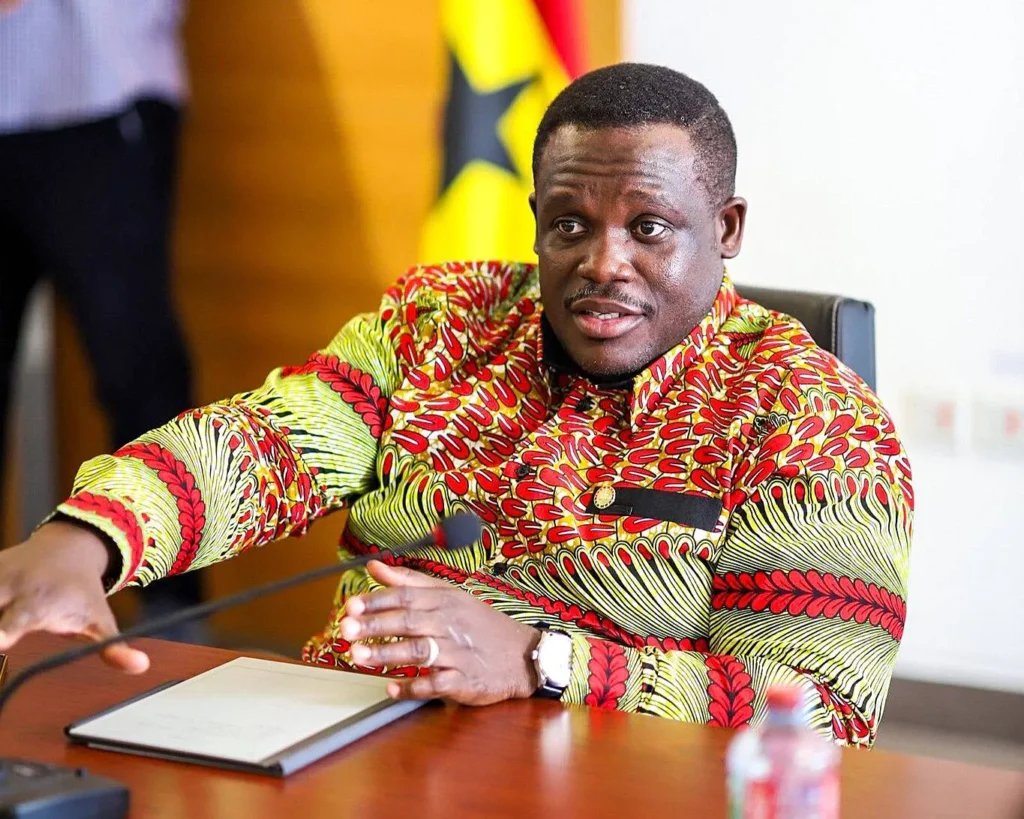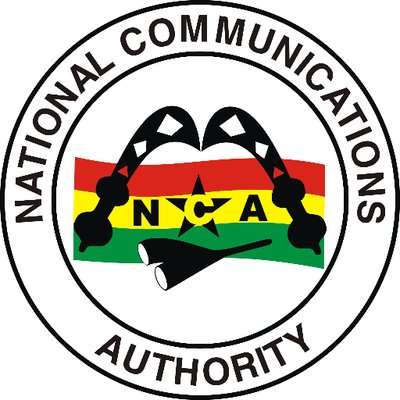President John Dramani Mahama has appealed for clemency for the non-compliant FM stations shut down by the National Communications Authority in its enforcement of broadcasting regulations, reigniting debate over media freedom and government regulation.
In an official statement signed by Presidential Spokesperson Felix Kwakye, President Mahama directed the Minister for Communications, Digital Technology, and Innovation to engage with the National Communications Authority (NCA) for the immediate restoration of the affected stations’ broadcasts.
The statement emphasized that while regulatory compliance remains vital, the broader principle of media freedom must not be sacrificed in the process.
“The President believes that regulatory compliance must take into account the need to uphold and enhance media freedom, and that requiring radio stations to shut down while awaiting the regularisation of their authorisation could limit the space for expressing such freedoms.”
Felix Kwakye
The directive called for a collaborative approach between the Ministry and the NCA to establish a reasonable timeframe within which the affected stations can regularize their authorization statuses, preventing an outright blackout during the process.
Grace Period Granted Amidst Regulatory Dispute
Following the President’s intervention, the Minister for Communications, Hon. Sam Nartey George, announced the government’s compliance with the order.
He confirmed that the NCA has granted a 30-day grace period for the defaulting stations to meet the necessary licensing requirements.

“Let the facts, however, show that this action was in line with the law and not arbitrary. We would apply the law after the grace period,”
Hon. Sam Nartey George
Accordingly, he signaled that while the temporary reprieve stands, the long-term enforcement of the law remains firm.
The NCA, prior to the President’s directive, had justified its sweeping enforcement based on violations of licensing regulations, specifically citing breaches under Regulations 54 and 56 of the Electronic Communications Regulations, 2011 (L.I. 1991).
The stations in question were found to have consistently failed to comply with both the conditions tied to their FM broadcasting authorizations and the overarching legal framework governing electronic communications in Ghana.
Legal Experts And Critics Weigh In
The President’s decision has not gone unnoticed by legal minds and political commentators. Legal expert Prof. Kwaku Asare voiced his support, describing the President’s move as both principled and necessary in safeguarding media freedoms.
“I commend the President. His actions are entirely in line with the GOGO principles enunciated in October 2017 when similar shutdowns occurred,” Prof. Asare remarked, underscoring the need for the government to maintain a balanced approach to regulation without stifling free expression.

Prof. Asare further argued that the essence of regulation should be to “regulate, not suffocate” the media space, urging that the government should allow the 64 affected radio stations to operate while their compliance is being regularized.
However, not everyone shares this sentiment. Opposition figures have fiercely criticized the President’s intervention, framing it as a political gimmick rather than a genuine act of clemency.
Patrick Kwarteng Sarpong, a prominent member of the opposition New Patriotic Party (NPP), dismissed the move as contradictory and politically motivated.
“Comedy of Errors. The Mahama government, through the Communications Ministry and its subsidiary agency, the NCA, closes down radio stations for noncompliance. Ghanaians agitate, and the same Mahama government says, ‘I am showing you clemency so that you continue working.’”
Patrick Kwarteng Sarpong
He further characterized the situation as a reversal of Mahama’s own directive, calling it a fanciful fallacy driven by an administration that favors populism over rational governance, deceiving themselves and their supporters while failing to convince the broader public.
NCA Defends Legal Mandate Amid Request for Clemency
Meanwhile, the NCA stood by its original enforcement actions, emphasizing that its crackdown was prompted by widespread and persistent violations that demanded urgent regulatory attention.
The Authority stressed that failure to uphold licensing standards undermines the credibility and orderliness of Ghana’s broadcasting sector.
The NCA’s statement pointed to violations of both Regulations 54 and 56 under the 2011 Legislative Instrument, alongside breaches of conditions attached to FM broadcasting licenses.

These failures, the NCA argued, justified the sanctions imposed and were not carried out arbitrarily or under political influence.
While the Authority acknowledged the President’s directive and complied by granting the 30-day grace period, it maintained that this period must be used responsibly by the affected stations to ensure full compliance or face potential sanctions once the deadline expires.
The controversy highlights a broader challenge faced by regulatory agencies and democratic governments worldwide — how to balance the need for lawful regulation with the protection of media freedom.
Ghana’s 1992 Constitution enshrines both regulatory oversight and freedom of speech, yet these principles can often find themselves in tension, as the current radio station shutdown saga demonstrates.
As the debate continues, observers remain divided. Supporters of the President argue that his intervention reflects a mature democracy that respects media plurality, even when regulation is necessary.
Detractors counter that such actions reveal political inconsistency and a failure to establish clear, predictable regulatory processes that do not require last-minute clemency.
In the coming weeks, all eyes will be on the affected 64 radio stations and the NCA’s next moves once the 30-day grace period lapses.
Whether the President’s clemency leads to a sustainable resolution or sets a precedent for political interference in regulatory matters remains to be seen.
READ ALSO: IAEA Declares Iran Non-Compliant With Its Obligations























